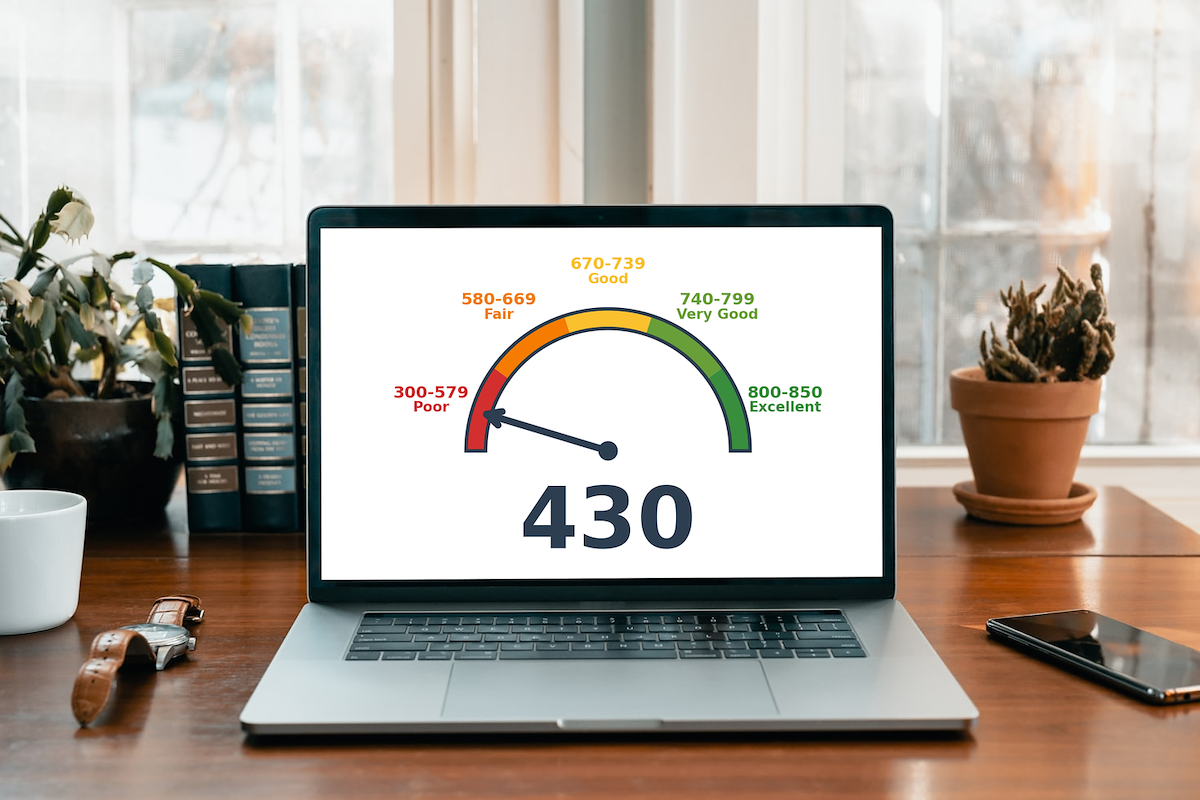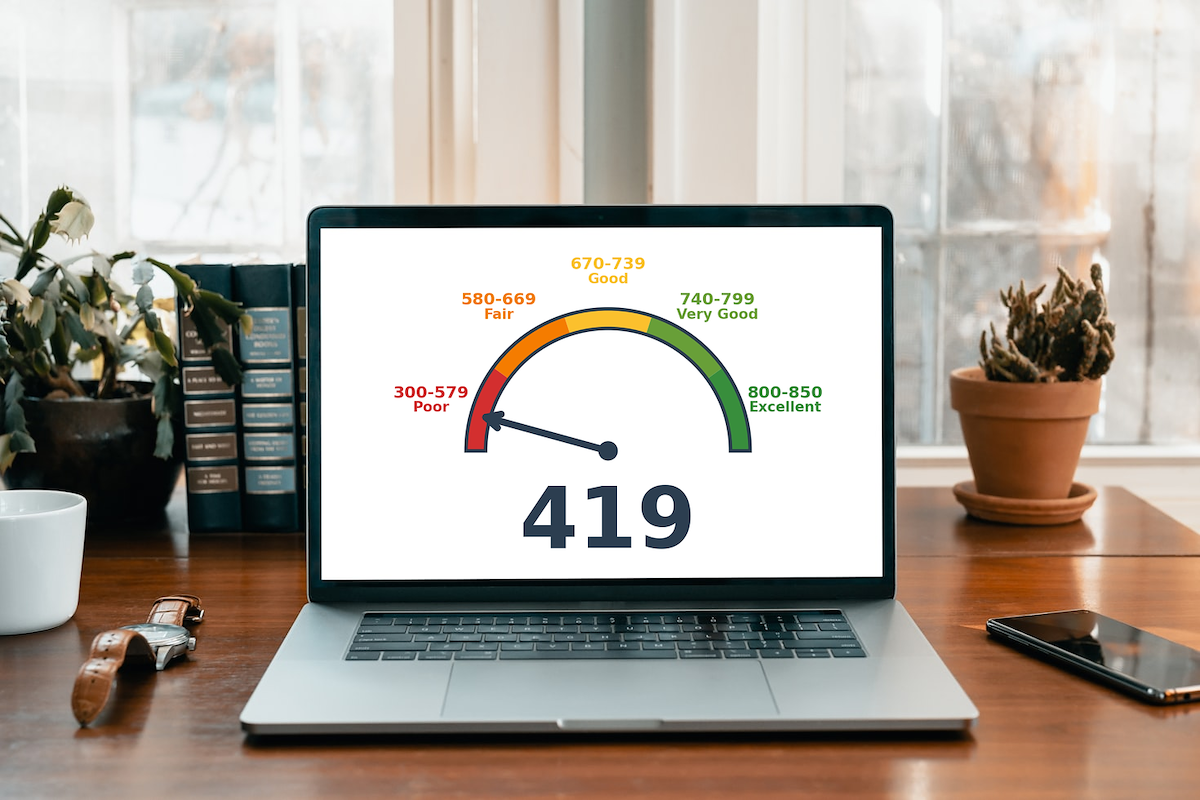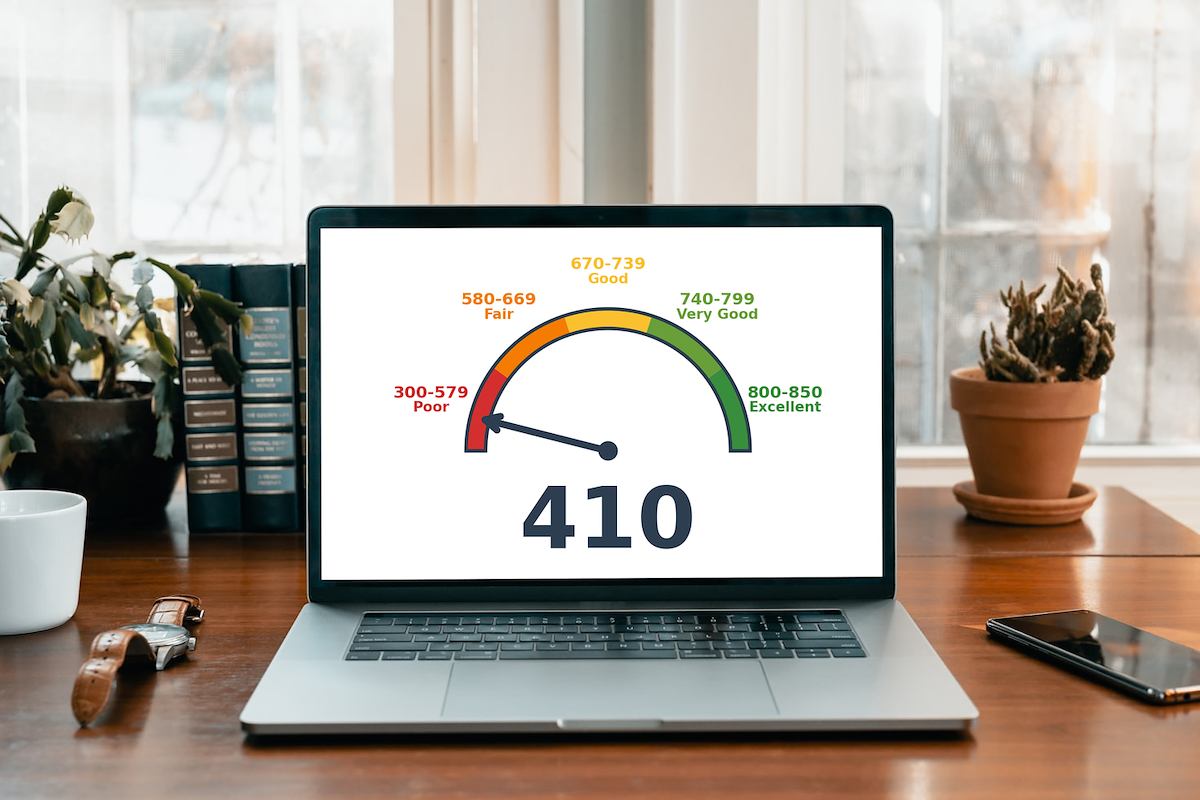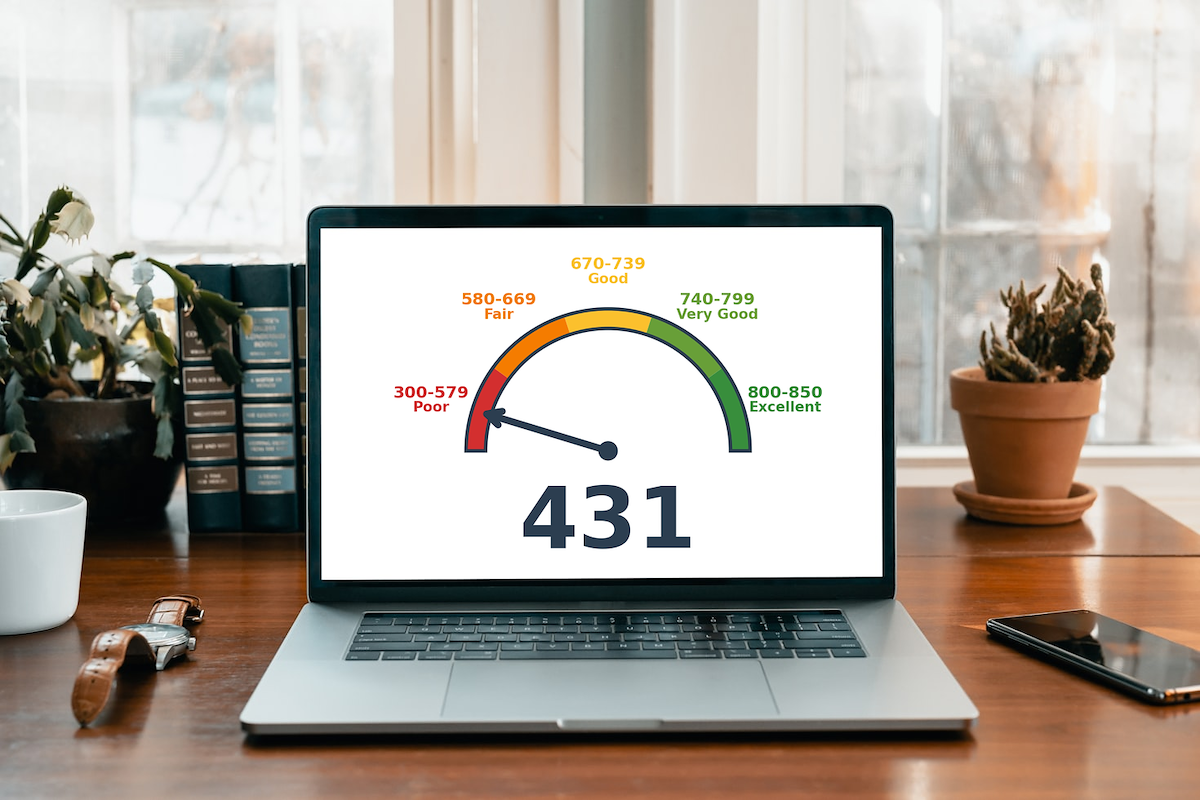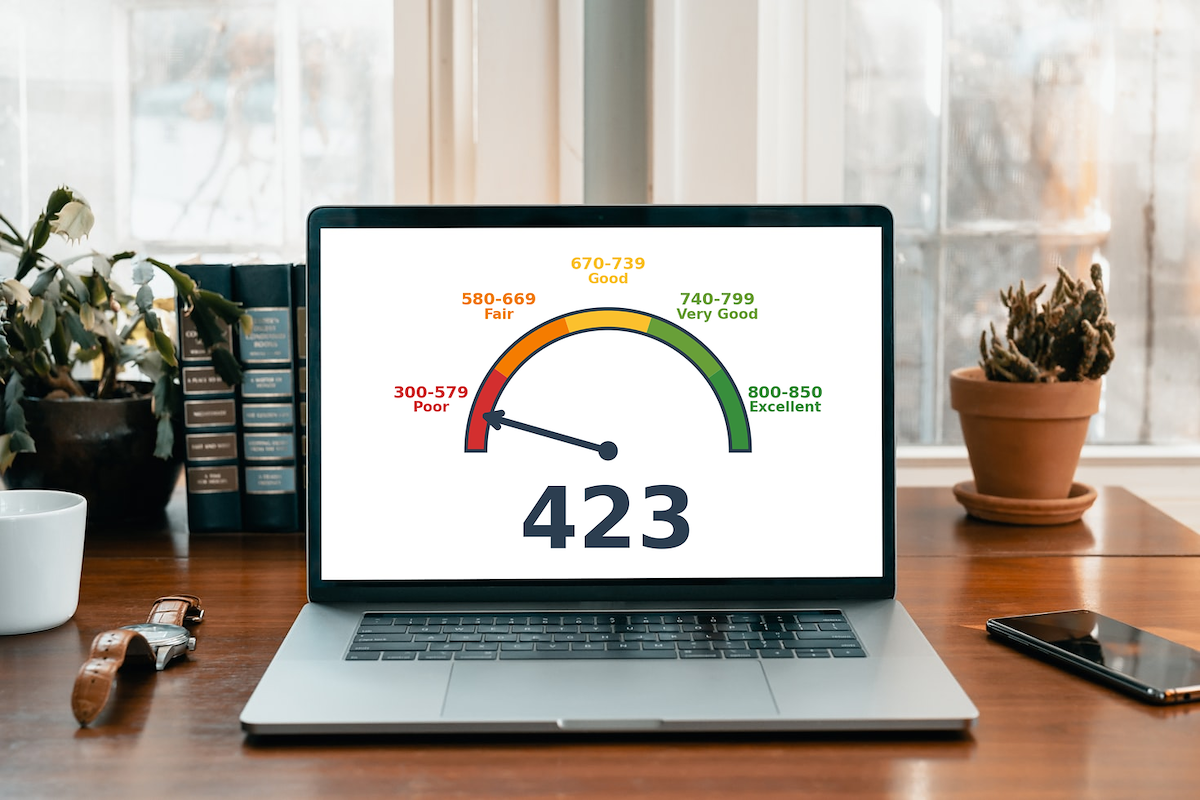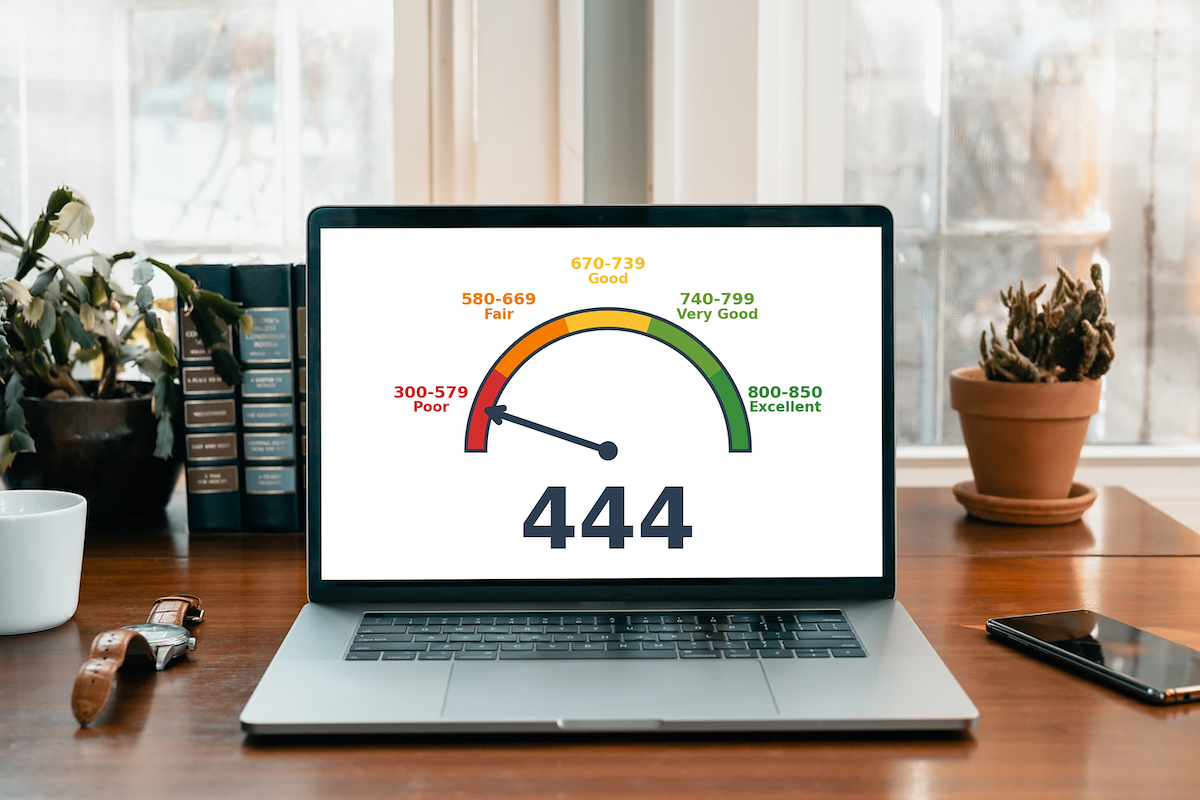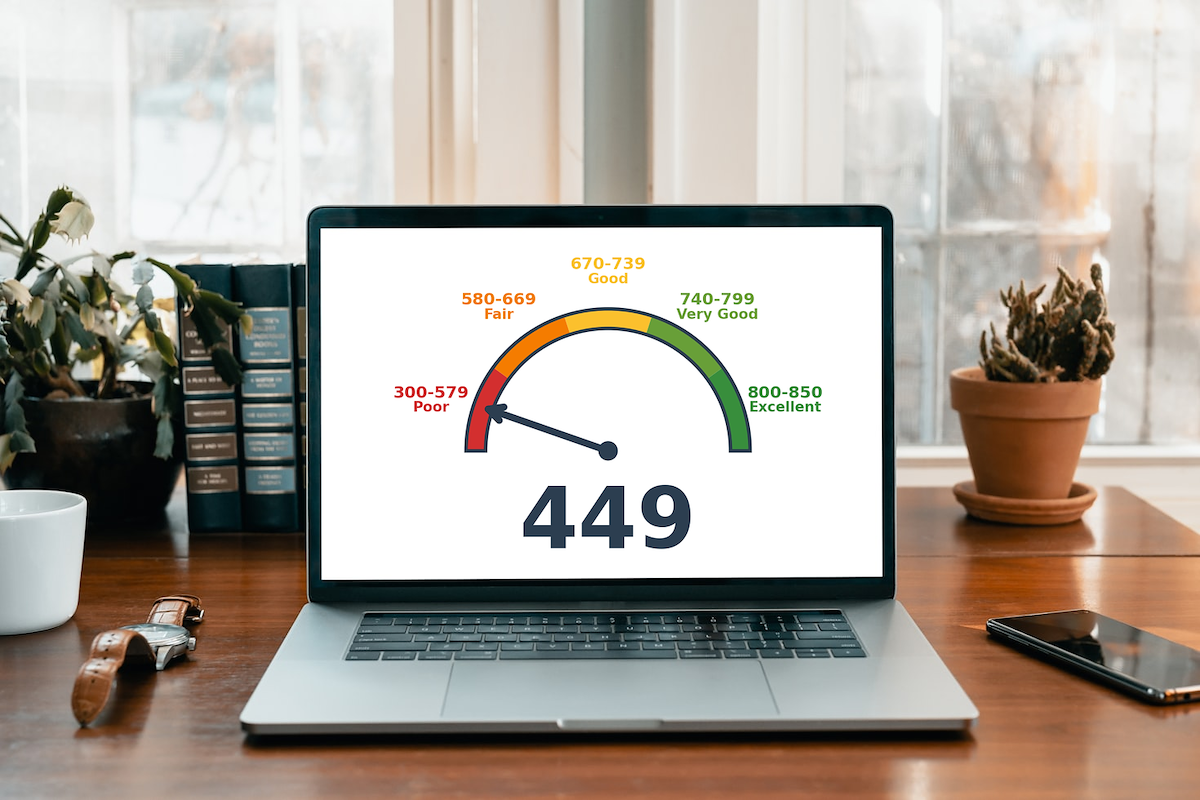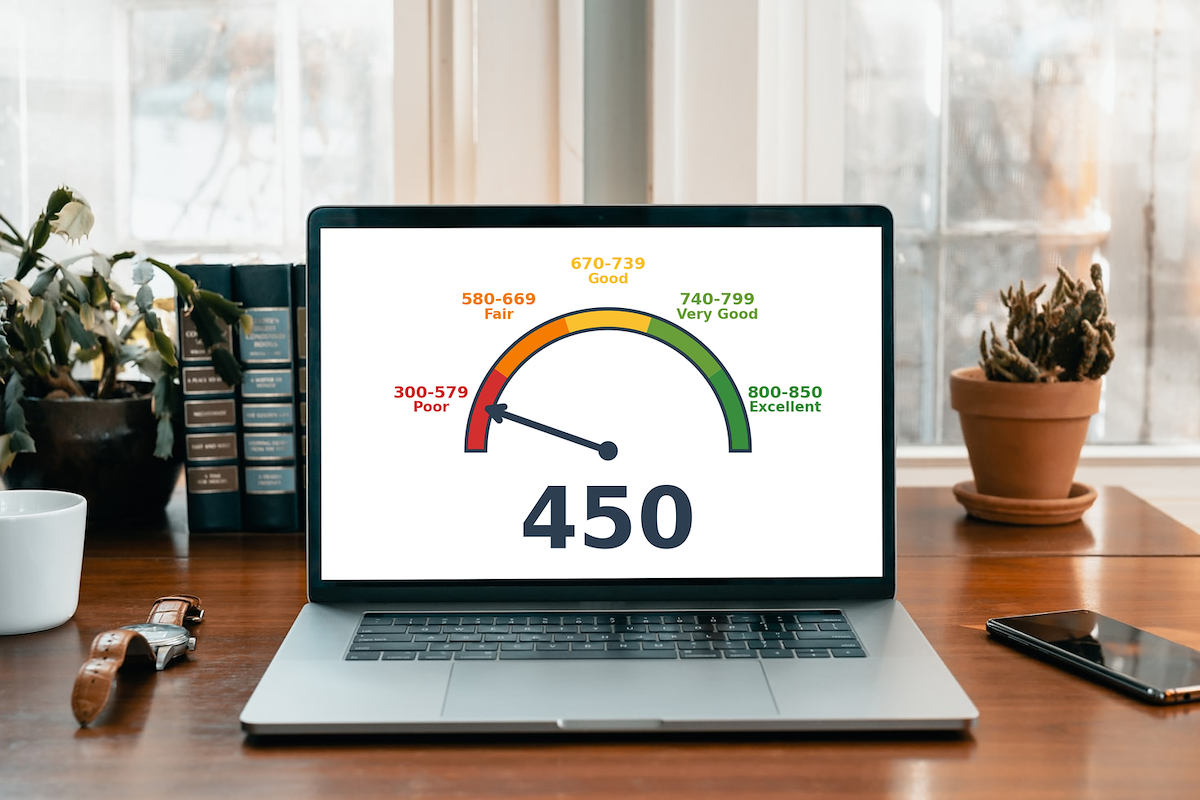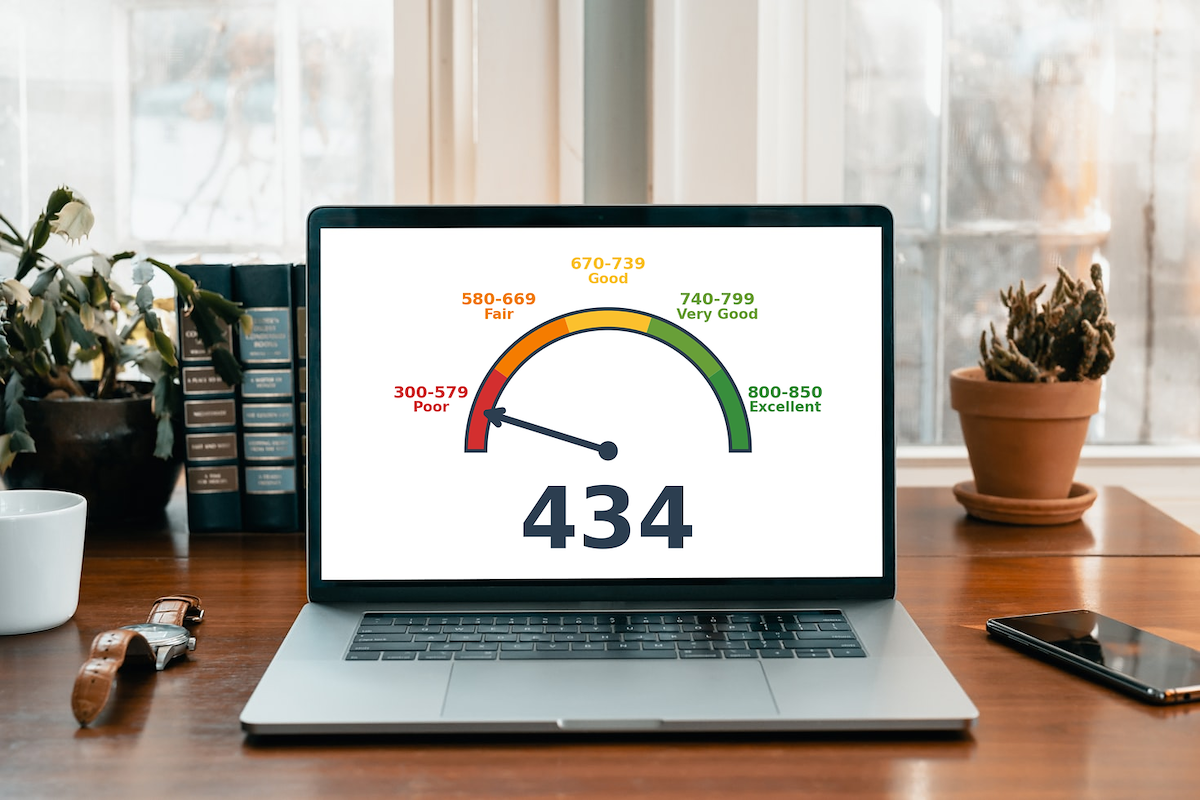
Kudos has partnered with CardRatings and Red Ventures for our coverage of credit card products. Kudos, CardRatings, and Red Ventures may receive a commission from card issuers. Kudos may receive commission from card issuers. Some of the card offers that appear on Kudos are from advertisers and may impact how and where card products appear on the site. Kudos tries to include as many card companies and offers as we are aware of, including offers from issuers that don't pay us, but we may not cover all card companies or all available card offers. You don't have to use our links, but we're grateful when you do!
426 Credit score: What You Need to Know in 2025
July 1, 2025

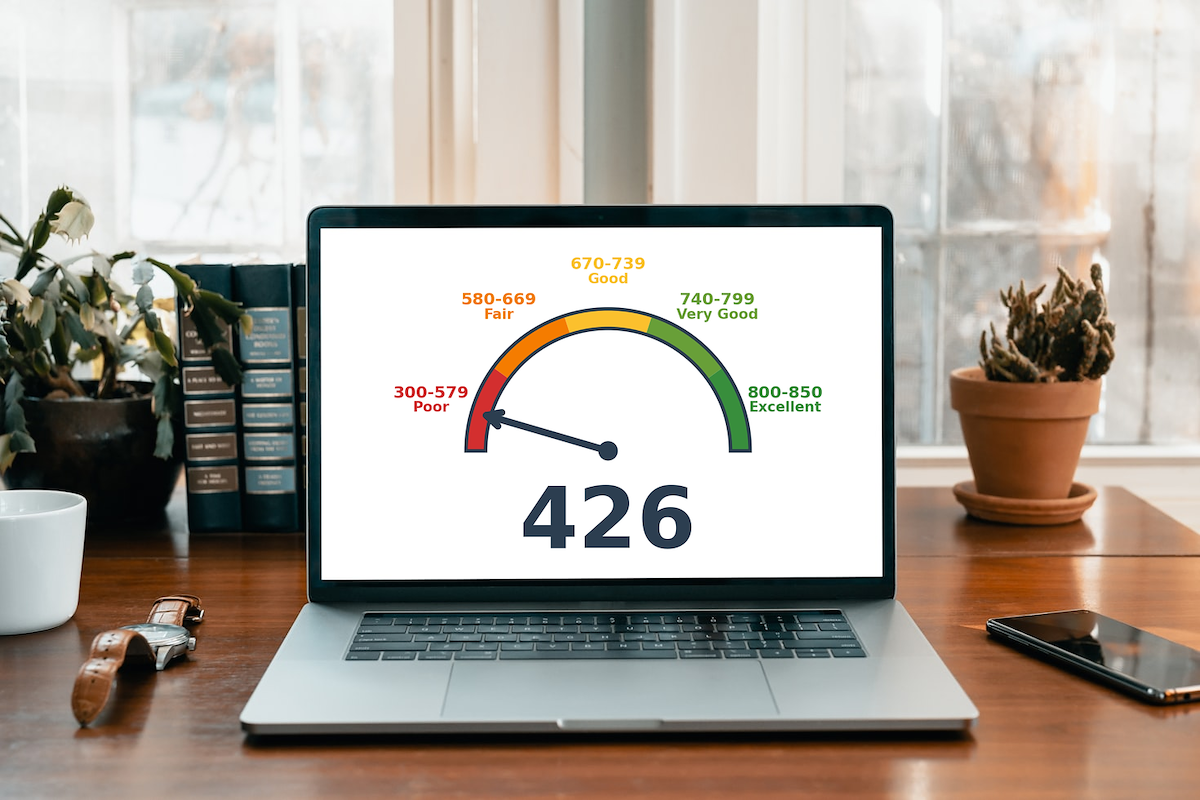
TL;DR
A 426 credit score is a foundational step on your financial journey, offering a clear opportunity for significant improvement. This score falls into the “Poor” FICO score range, which simply provides a starting benchmark for building a much stronger credit profile.
What Does a 426 Credit Score Mean?
A credit score of 426 falls into the "poor" range of the FICO model, which spans from 300 to 579. To lenders, this score signals a high-risk borrower, making it difficult to get approved for loans, credit cards, or even rental applications. If you do secure credit, you can expect unfavorable terms like very high interest rates, which significantly impact your finances.
While this score presents considerable challenges, it's not a permanent state. Credit scores are dynamic and can improve over time, reflecting changes in your financial behavior. Understanding your current position is the crucial first step on the journey toward a healthier credit profile and the better financial opportunities that come with it.
Who Has a 426 Credit Score?
Credit scores generally improve with age, as individuals have more time to build a positive financial history. According to 2023 Experian data, the average FICO score varies significantly across different generations:
- Generation Z (ages 18-26): 680
- Millennials (ages 27-42): 690
- Generation X (ages 43-58): 709
- Baby Boomers (ages 59-77): 745
- Silent Generation (ages 78+): 760
Credit Cards With a 426 Credit Score
A credit score of 426 can significantly hinder your ability to qualify for most credit cards. This score places you in the "poor" credit category, signaling to lenders that you are a high-risk borrower. Consequently, you may face outright rejections from many issuers or only receive offers for secured cards that come with high interest rates and annual fees.
Fintech company Kudos can help you find a suitable card with its AI-powered Explore Tool, which personalizes recommendations based on your preferences and financial needs. The platform includes cards for a wide range of credit profiles and even provides insights into how applying for a new card may impact your credit score.
Auto Loans and a 426 Credit Score
A 426 credit score places you in the deep subprime borrower category, which can make it challenging to get approved for an auto loan. If you do secure financing, you can expect to face significantly higher interest rates than borrowers with stronger credit profiles.
Based on Experian’s Q2 2025 Automotive Finance Market report, here are the average interest rates for new and used auto loans by credit score bracket:
- Super-prime (781-850): 5.25% for new cars and 7.13% for used cars.
- Prime (661-780): 6.87% for new cars and 9.36% for used cars.
- Non-prime (601-660): 9.83% for new cars and 13.92% for used cars.
- Subprime (501-600): 13.18% for new cars and 18.86% for used cars.
- Deep subprime (300-500): 15.77% for new cars and 21.55% for used cars.
Mortgages at a 426 Credit Score
A 426 credit score falls well below the minimum for most home loans, making qualification extremely difficult. Conventional, VA, and USDA loans are generally not an option. Your only potential path might be an FHA loan, but this requires a down payment of at least 10% and a lender willing to perform a much stricter review of your finances.
If you find a lender, your low score means less favorable terms. You will face significantly higher interest rates, increasing the total cost of your home over the loan's lifetime. Lenders will also likely cap the amount you can borrow and add extra fees, further restricting your options and increasing your overall costs.
What's in a Credit Score?
Figuring out what goes into your credit score can feel like trying to solve a complex puzzle, but it generally boils down to a handful of key elements. The most common factors include:
- Your history of making payments on time is the most significant factor.
- How much of your available credit you're currently using, known as your credit utilization ratio, plays a major role.
- The age of your credit accounts, including the average age and the age of your oldest account, is also considered.
- Lenders like to see that you can responsibly manage different types of credit, such as credit cards and loans.
- Opening several new credit accounts in a short period can be seen as a risk and may temporarily lower your score.
How to Improve Your 426 Credit Score
Don't be discouraged by a 426 credit score; it is absolutely possible to improve your creditworthiness and build a healthier financial profile. With consistent, positive habits, you can see meaningful changes over time. Here are four proven methods to get started:
- Monitor your credit reports. This allows you to identify and dispute any inaccuracies or fraudulent activity that might be dragging down your score. Correcting errors is one of the quickest ways to see a potential improvement.
- Make on-time payments. Your payment history is the single most important factor in your credit score, so setting up automatic payments can prevent late or missed payments. Establishing a consistent record of paying bills on time is fundamental to rebuilding your credit.
- Apply for a secured credit card. If you have damaged credit, a secured card requires a cash deposit as collateral, making it easier to get approved. Using it responsibly helps you build a positive payment history that gets reported to the credit bureaus.
- Reduce your credit utilization. This ratio compares your credit card balances to your total credit limits, and keeping it low is crucial. Paying down existing balances shows lenders you can manage debt responsibly and can have a significant positive impact on your score.
To help manage your credit cards and improve your financial habits, you can use a financial companion like Kudos.

Supercharge Your Credit Cards
Experience smarter spending with Kudos and unlock more from your credit cards. Earn $20.00 when you sign up for Kudos with "GET20" and make an eligible Kudos Boost purchase.
Editorial Disclosure: Opinions expressed here are those of Kudos alone, not those of any bank, credit card issuer, hotel, airline, or other entity. This content has not been reviewed, approved or otherwise endorsed by any of the entities included within the post.


















